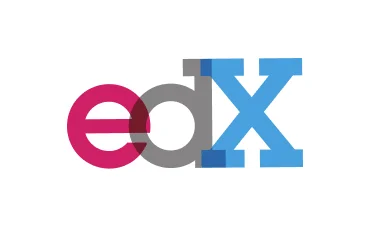When you enroll through our links, we may earn a small commission—at no extra cost to you. This helps keep our platform free and inspires us to add more value.

WBGx: Strengthening Geospatial Information Management: Using the Integrated Geospatial Information Framework (Virtual Knowledge Exchange)
This course is based on the World Bank’s “Strengthening Geospatial Information Management: Using the Integrated Geospatial Information Framework (IGIF)”. This course builds on work to e-package global learning and innovation for leveraging sustainable development and contribute to socio-economic improvements. It will include the efforts of governments, the private sector and academia to address: Governance, Technology, People and Benefits.

This Course Includes
 edx
edx 4.6 (7 reviews )
4.6 (7 reviews ) 4 weeks at 2-3 hours per week
4 weeks at 2-3 hours per week english
english Online - Self Paced
Online - Self Paced course
course WBGx
WBGx
About WBGx: Strengthening Geospatial Information Management: Using the Integrated Geospatial Information Framework (Virtual Knowledge Exchange)
In the digital era, geospatial information technology has emerged as a major contributor to economic transformation for many countries. Every decision we make, every event or daily activity we do occurs at a geographic location. Geospatial information is used across different sectors to solve complex problems such as hazard risk management, integrated transportation, sustainable land administration and management, health services, urban policy and planning, and much more.
Innovative geospatial information technologies are “disrupting” conventional ways for addressing the development and management of different sectors, transitioning the culture, education and institutional frameworks along with its evolution. From navigating closest restaurants to tracking logistics and planning optimal delivery routes, the transforming digital services built on geospatial information, GPS and base maps have gradually become part of our daily routine.
What You Will Learn?
- The objective of this course is to raise awareness and share practical experiences of using the IGIF to strengthen the use of integrated geospatial information technologies to enhance resiliency and sustainable development through its application..